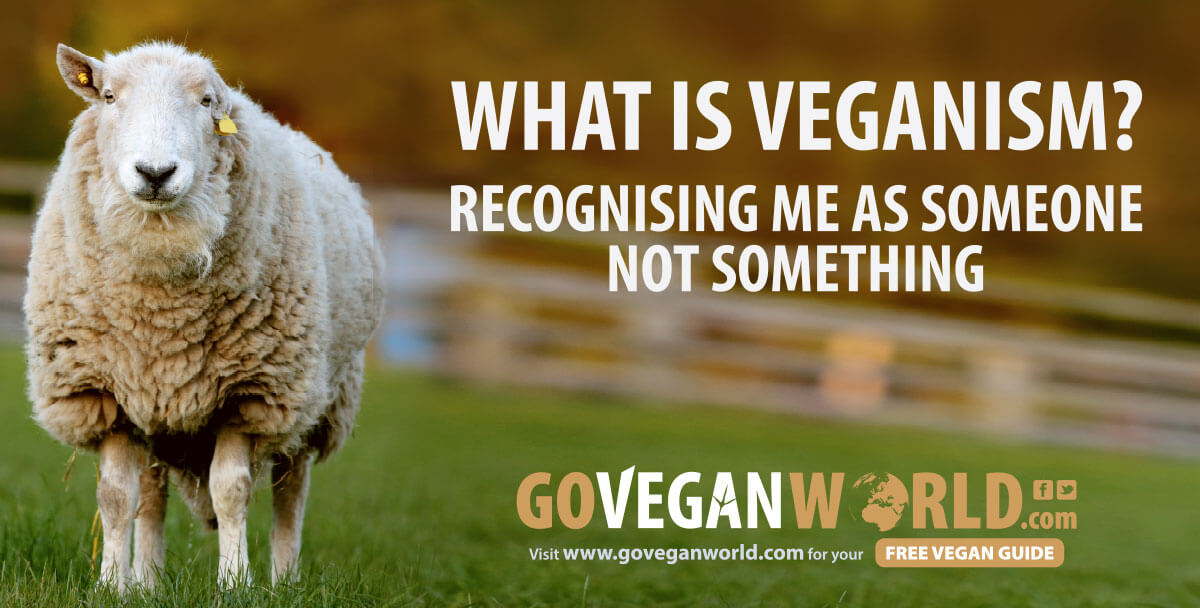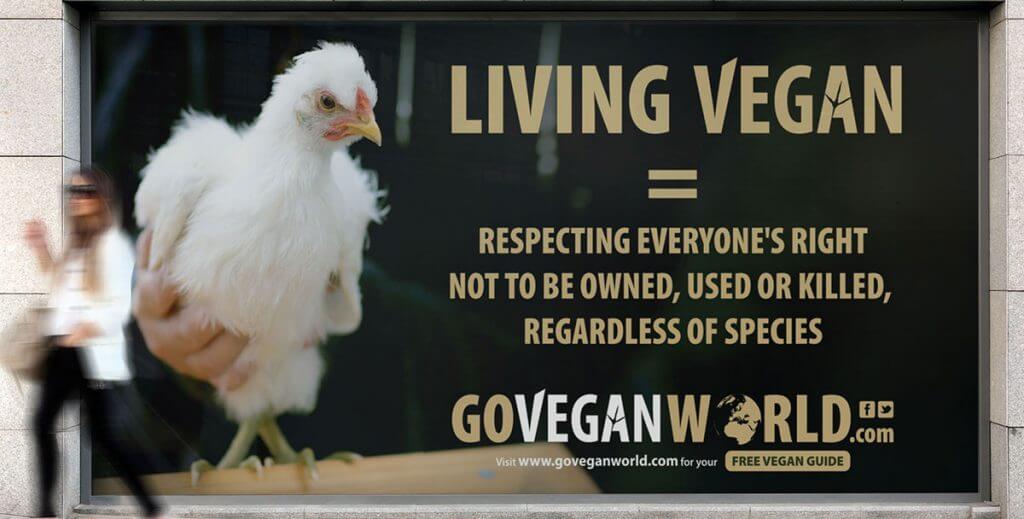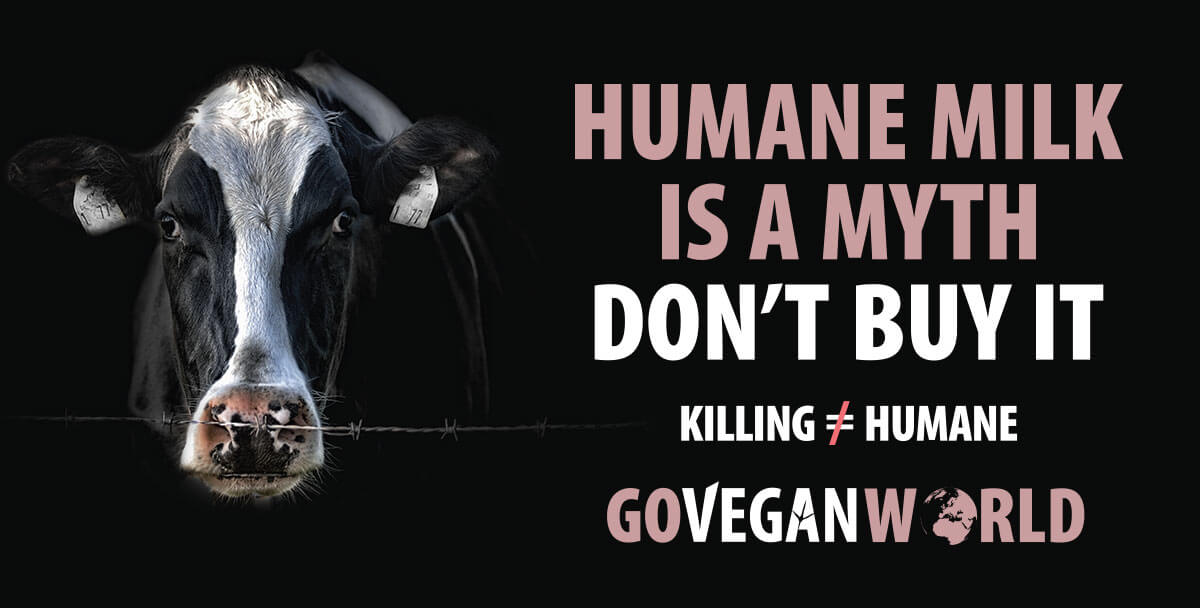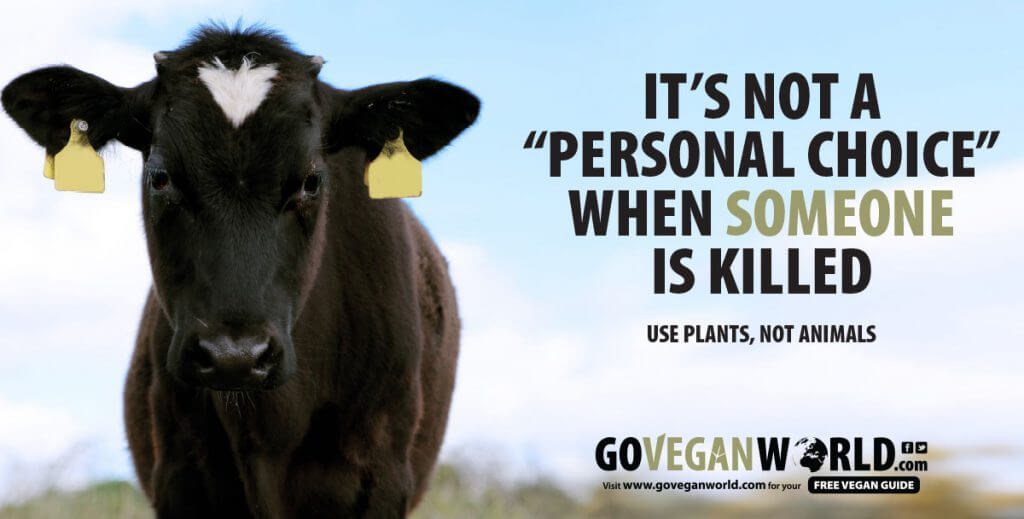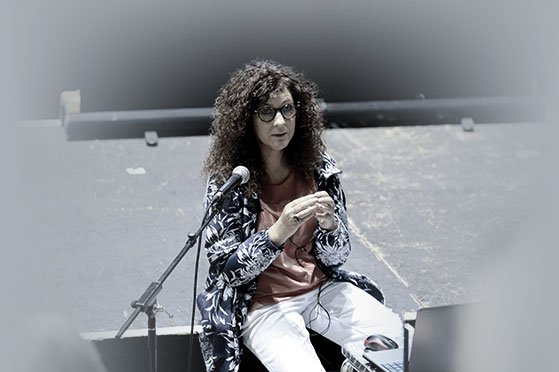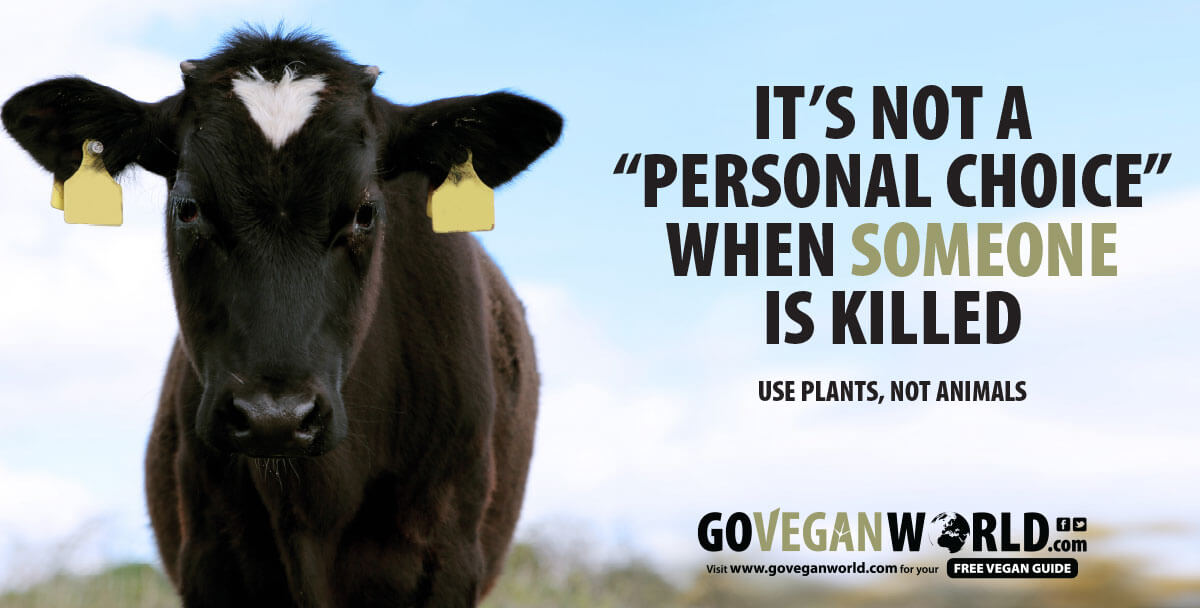
Republic of Ireland Vegan Rights
Human Rights
The Irish Human Rights Act 2003 (“the HRA”) made it possible to enforce the human rights set out in the European Convention on Human Rights (“the ECHR”) through the Irish courts as well as by taking a claim to the European Court of Human Rights (“ECtHR”).
The relevant rights contained in the ECHR are set out in European Vegan Rights. Since 1993 it has been recognised in European human rights case law that veganism is a protected philosophical conviction in terms of the right to freedom of thought, conscience and belief. Vegans in Ireland therefore have the absolute right to believe that it is morally wrong to subjugate, exploit and kill non-human animals unnecessarily and, because it is protected, to live according to that belief or conviction. The extent of this right and how it has been applied in practice is set out in European Vegan Rights.
The government has a duty to ensure that vegans can live according to their protected belief and must pass such laws as are necessary to achieve that. Interference with our right to live in accordance with our conviction is permitted only in very limited circumstances.
Ireland is a member of the EU and so is subject to the Charter of Fundamental Rights of the European Union (“the Charter”) and the relevant rights under that Charter can also be relied upon by vegans living in Ireland; those rights are discussed in European Vegan Rights.
Equality Law
In addition to our human rights, vegans in Ireland have protections under European equality law.
European equality provisions require the government to prohibit discrimination on a number of protected grounds, including on the grounds of non-religious beliefs, as set out in European Vegan Rights.
In Ireland the European equality provisions are implemented through the Employment Equality Acts 1998–2015 and the Equal Status Acts 2000–2015, which prohibit discrimination in public and private employment, vocational training, advertising and the provision of goods and services. Goods and services include professional or trade services, health services, access to accommodation and education, facilities for banking, transport and cultural activities. While the Irish implementing legislation does not expressly refer to non-religious beliefs, Ireland must comply with European equality law, the ECHR and the Charter, in terms of which it is clear that veganism is protected.
The Equality Acts refer to four main ways in which a person can suffer discrimination and unfair treatment in relation to protected characteristics. These are: a) direct discrimination; b) indirect discrimination; c) harassment and d) victimisation. These protections implement European regulations which are set out in more detail in European Vegan Rights.
Irish Vegan Rights Conclusion
Our right to freedom of thought, conscience and belief gives us a basis upon which to press for adequate provision for vegans in our state entities and for government action to ensure adequate protection in the private sphere, while our equality laws protect us from discrimination based on our fundamental convictions in both the public and the private spheres. We can refer to both our human rights and the equality protections in advocating for suitable provision and alternatives.
In this talk Go Vegan World’s Legal Counsel outlines the main legal rights that apply to vegans living in the UK and Ireland, under human rights and equality law, and how these rights can be used to defend against discrimination and push for better provision.
Further information is available on the following pages:

